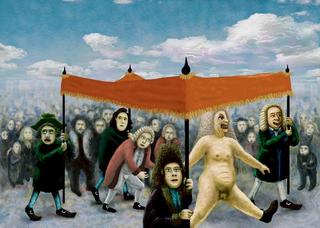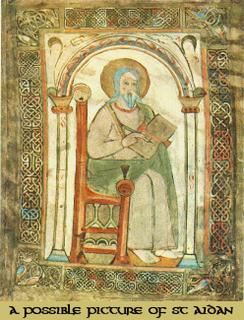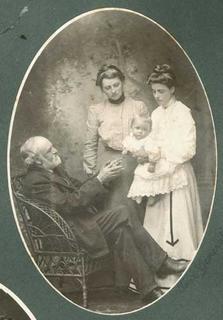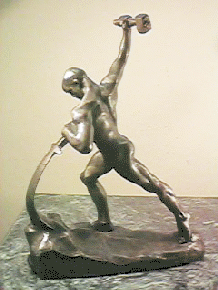SNOW...and needed metaphors

So I wake up this morning and decide that a hike would be a good thing - not too long a hike because I have several other things to do with this Saturday, but a hike nonetheless. The flu, and weekend obligations have kept me homebound, out of the mountains for quite some time and I can feel it. I check the weather report and discover that snow is predicted for 4000'. I know a place where I can hike just up to that elevation and so I pack my bag with clothes for rain and snow and go.
On the way up there, the Amy Grant song, "Breath of Heaven" is playing, and I'm mindful that Mary embodies that insane calling of birthing God into the world. Because of it she will be inconvenienced, misunderstood, and will endure great suffering. But also, because of it, she will know deep love and intimacy with God, and enter into the life for which she was created. I think about how her calling is like the calling given to the rest of us because, whether we're in vocational ministry or not, all of us who claim to follow Christ are charged with the responsibility of birthing God into the world. We do this through our life, and our life together.
What I love about the Amy Grant song is that she's struggling with the weight of her calling without running from it, and embracing the joy of her calling without unduly darkening it. I need to identify with her. I think if the words of Anthony Bloom in his great book, "Beginning to Pray":
Are we faced with inifinite possibilities and at the same time unable to realize any of them bevcause we are so deeply wounded? Are we healed, and yet confronted with a vocation so great that it humbles us to think of it because it is beyond us?
Two questions - and I answer them on certain days this way: Yes. Yes. I am humbled by the calling to be a shepherd for this flock at this time in history because the challenges are remarkable. Even in the midst of growth and transformed lives, we continue to wrestle with what it means to live faithfully as community. Since we are an institution AND an organism, the challenges that exist as these identities stand in conflict with each other is nearly continual. Forget our true vocation as the body of Christ and we are nothing more than a philanthropic corporation at best, and a self serving social club at worst. But forget about the realities of finances, facilities, communications, and all the rest of what is infrastructure and the organism is suddenly deeply ineffective. Leave organizational neglect in place and the organism will mutate into something far less visible, perhaps less effective in birthing God's life at this time in history. The challenge of leading in such a way that these two identities are held in proper proportion and tension is, to say the least, challenging and humbling. And all of these matters are brought to the forefront right now because we're in the midst of a building project, the very kind of project that causes us to ask these important questions on a regular basis. And so I call out to God quite a bit these days.
Then today, as I'm hiking into the snow, I realize that the journey from snow to rain holds some of the keys to embracing my calling as shepherd with full passion and willingness and even some the keys to understanding how the church can be organism and institution at the same time. The hike was through the fog and into the light - and the landscape was one of transformation from green to white. There's a whole story in that transformation, but I'll save it for another entry later in the week. Monday I head off to Canada, but will try to offer entries while away. If not, check back next weekend~










